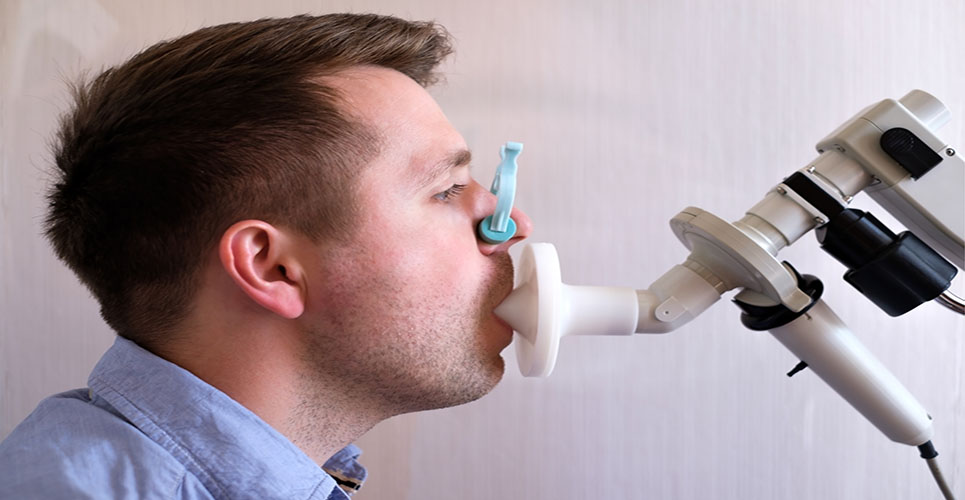teaser
A new post-hoc analysis of data from the Understanding Potential Long-term Impacts on Function with Tiotropium (UPLIFT) trial presented today at the European Respiratory Society (ERS) Annual Congress demonstrated that tiotropium (SPIRIVA) administered to younger patients (≤50 years old) with Chronic Obstructive Pulmonary Disease (COPD) results in statistically significant reductions in the rate of lung function decline [as measured by forced expiratory volume in one second (FEV1)] and improvements in health-related quality of life [as measured by St George’s Respiratory Questionnaire (SGRQ)].
This younger patient population showed a 34% reduction in the rate of lung function decline over 4 years when treated with tiotropium compared to age-matched controls (post-bronchodilator FEV1, 38 mL/year vs. 58 mL/year; p=0.01).
The data, based on 356 patients ≤50 years old enrolled in the landmark UPLIFT trial, also demonstrated that younger patients treated with tiotropium experienced a 27% decreased risk of exacerbations compared with patients in the control group [HR (95%CI) = 0.73 (0.56, 0.95); p=0.02]. Exacerbations can worsen the clinical course of the disease, therefore a treatment such as tiotropium that significantly reduces the number of COPD exacerbations may provide patients with an improved disease prognosis and impact the clinical course of COPD.
“These new data in younger patients reinforce the imperative to diagnose and treat COPD patients earlier, which is meaningful to both physicians and patients. Doctors can prescribe tiotropium with confidence in patients younger than 50, to help them experience improved quality of life and long-term improvement. These data illustrate tiotropium’s efficacy in potentially preserving lung function and impacting the course of the disease in younger patients.” said Professor Roland Buhl, Head of the Pulmonary Department at the University of Mainz, Germany.

